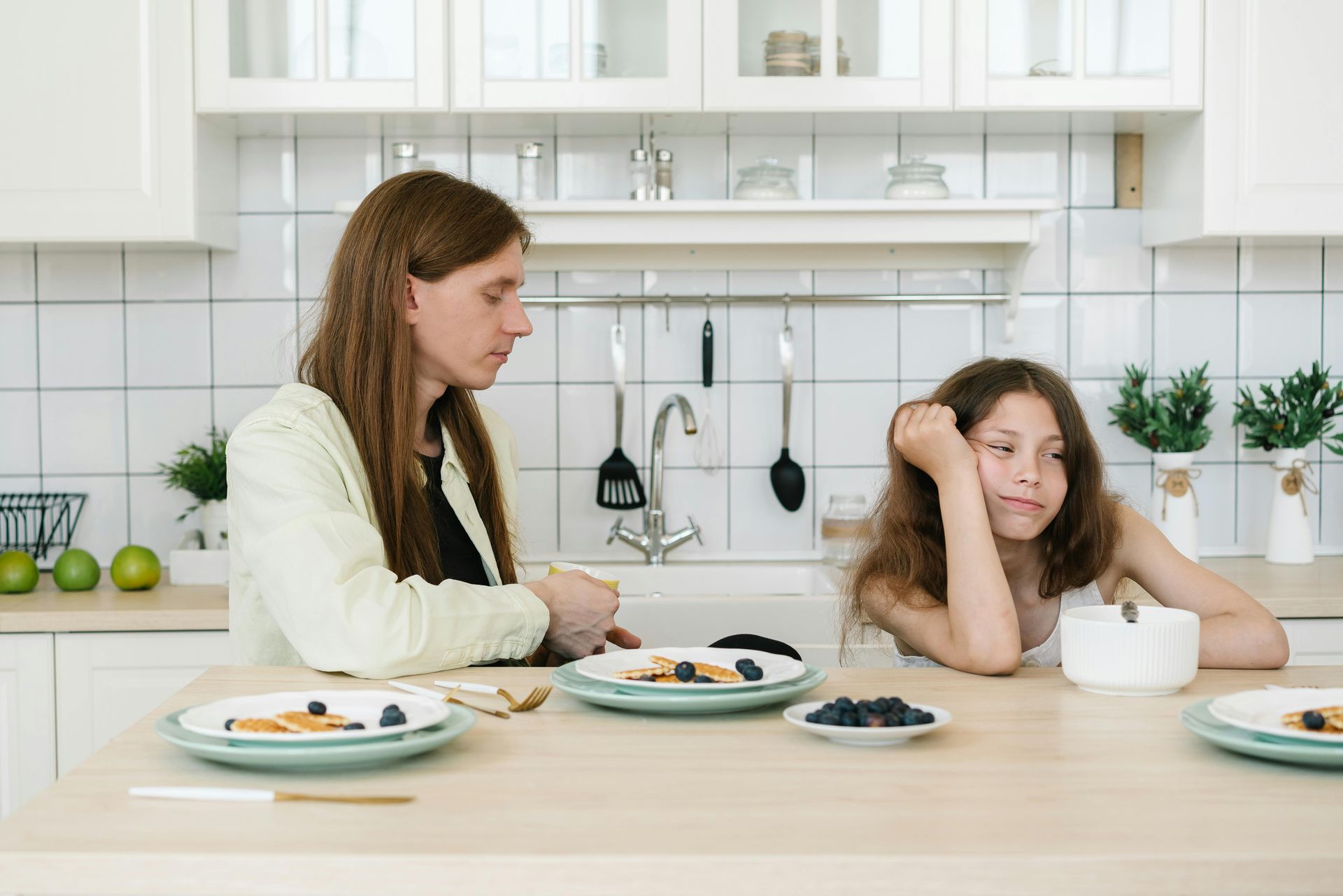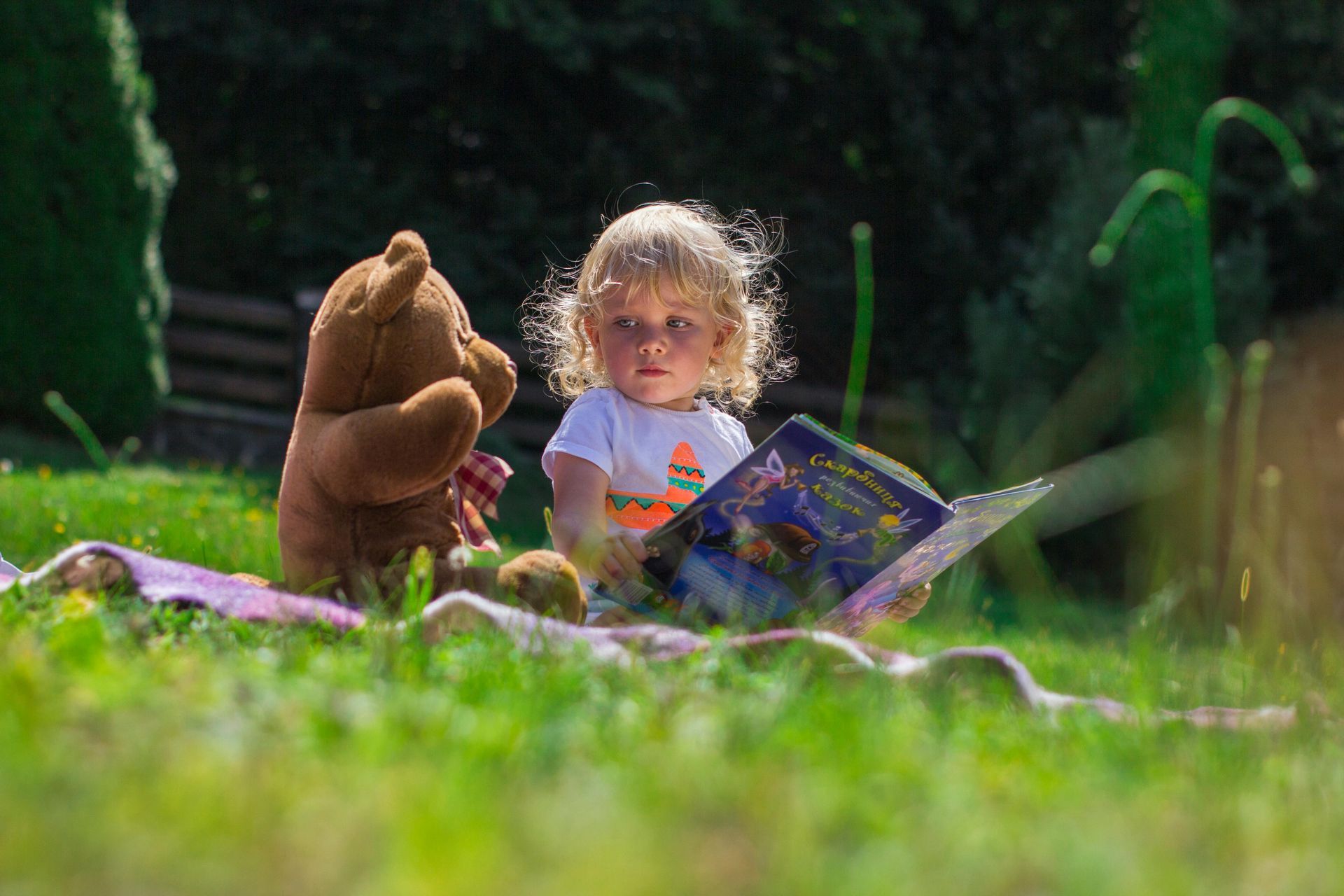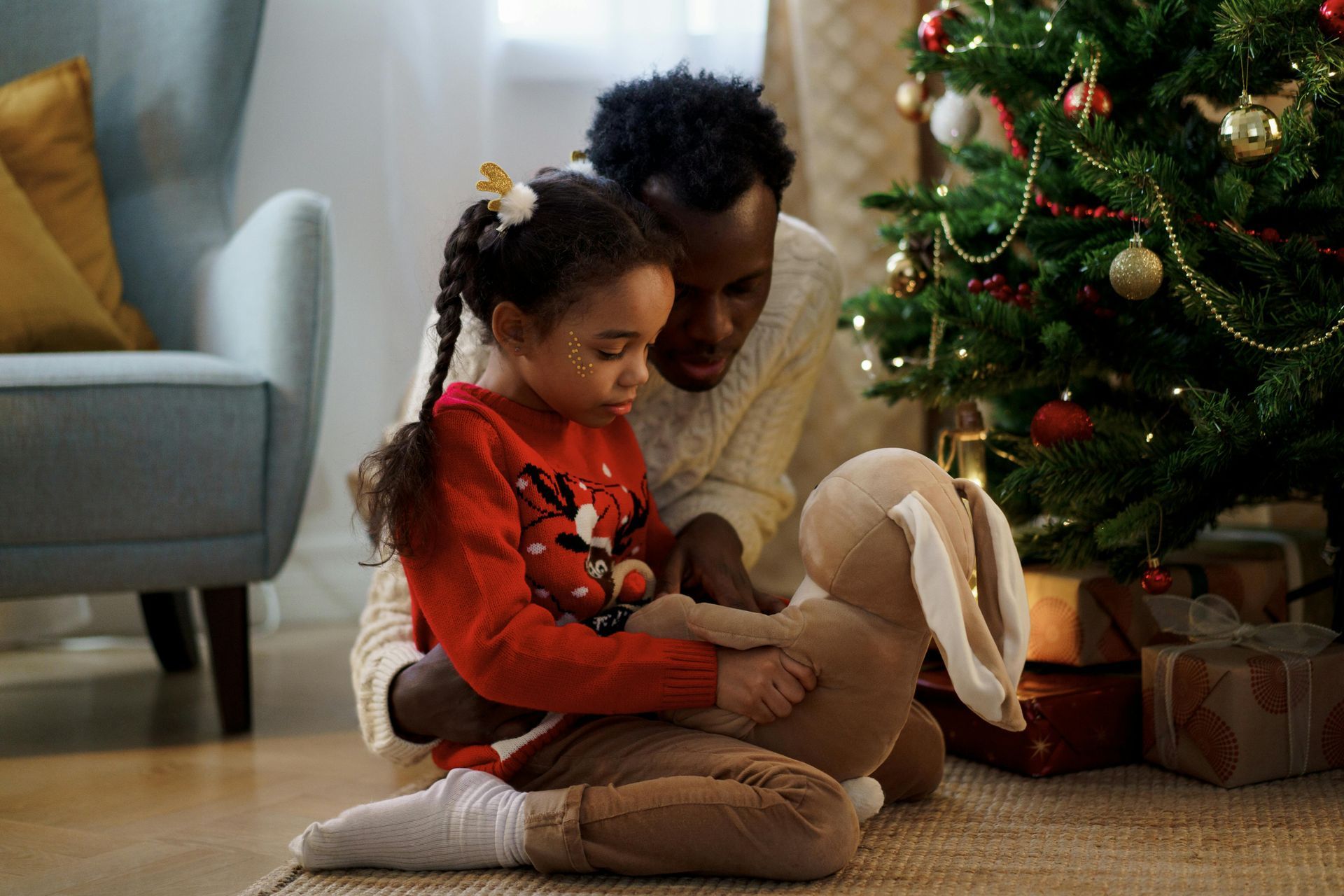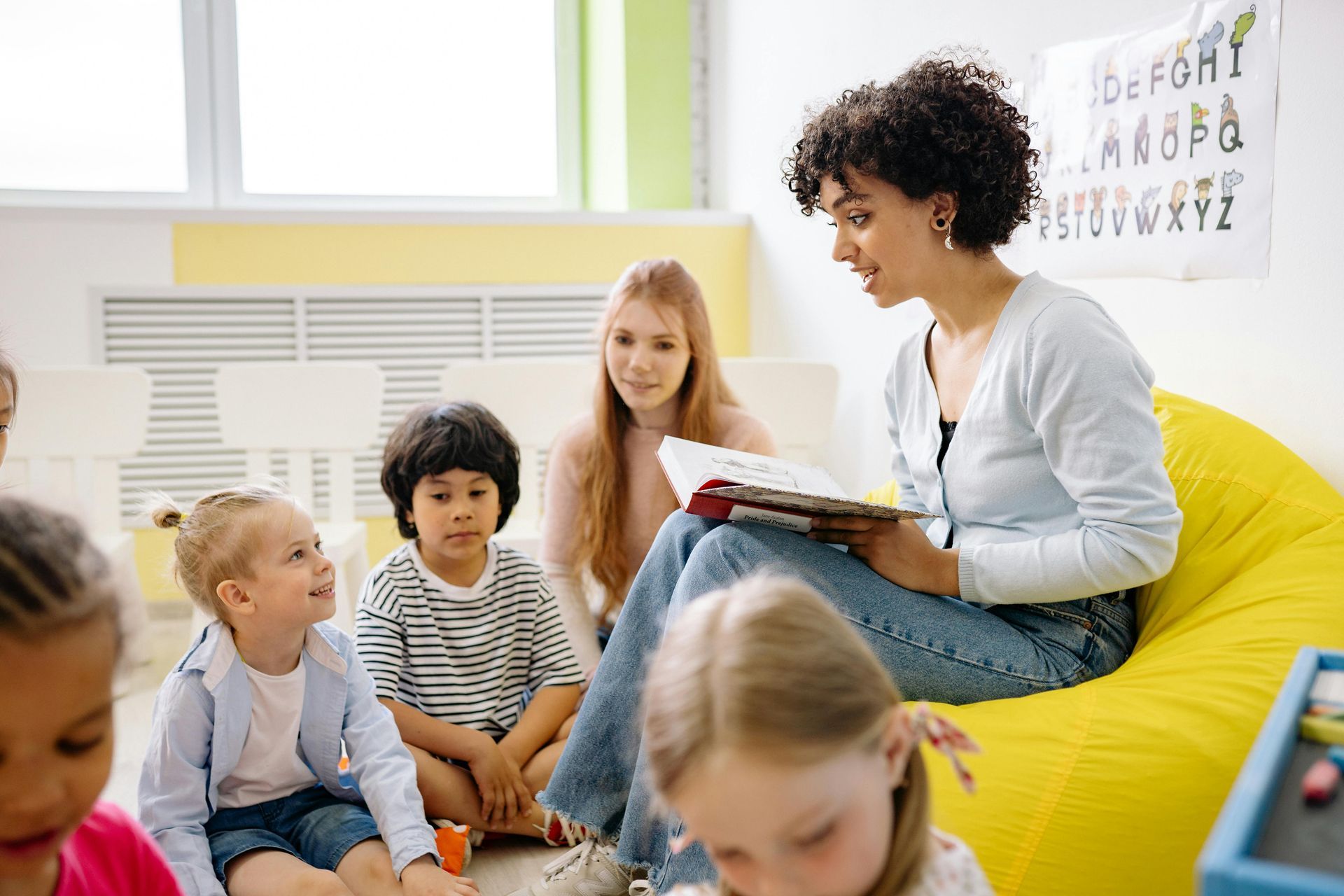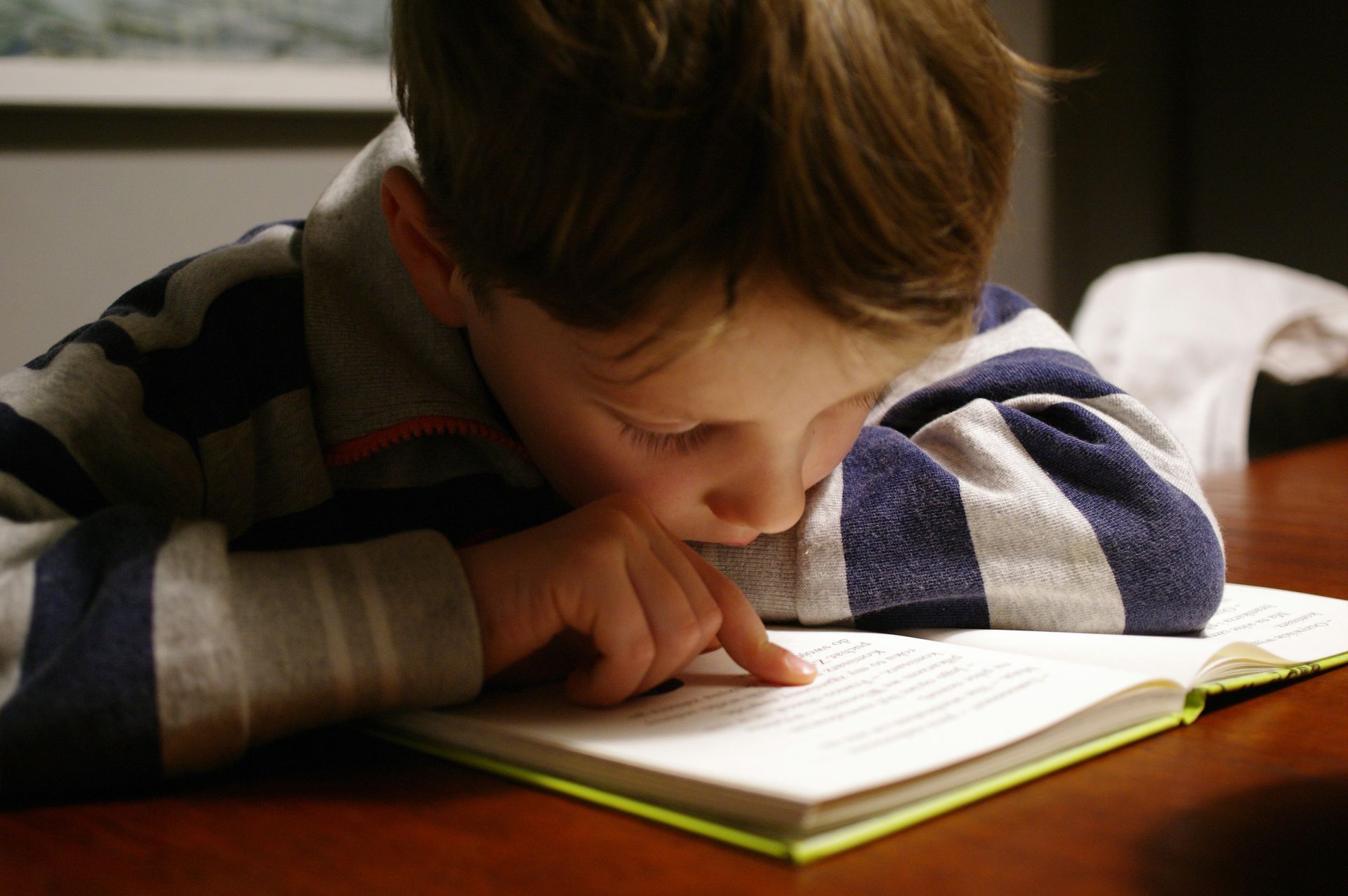Do You Know How You Can Help Young Children Cope With Isolation or Depression?
What is isolation, and how does it impact young children?

Young children in preschool or starting school are at a critical stage of development, and as such, they require an environment that is nurturing, supportive, and stimulating to help them grow and develop properly. Unfortunately, the COVID-19 pandemic hads forced many young children into isolation, disrupting their daily routines and social interactions. This isolation has the potential to impact their mental health significantly, with many experiencing anxiety, depression, and other mental health issues. In this blog, we'll explore the impact of isolation on their mental health and discuss ways to help them cope with the challenges they face.
What is isolation, and how does it impact young children?
Isolation is the state of being separated from others, whether physically or socially. Isolation can take many forms, including being separated from friends and family, being confined to a limited space, and having limited access to social activities. This isolation can impact their mental health in several ways, including:
Anxiety: Young children may feel anxious or nervous about being away from their loved ones and their normal routines.
Depression: Isolation can make children feel sad, lonely, and isolated, which can lead to depression.
Behavioural issues: Children who are isolated may exhibit behavioural issues such as tantrums, aggression, and defiance.
Developmental delays: Isolation can impact their cognitive, social, and emotional development, leading to delays in these areas.
How can parents and caregivers help preschoolers cope with isolation?
Maintain a routine: Young children thrive on routines, and maintaining a consistent schedule can help them feel more secure and in control. Stick to regular meal times, nap times, and play times as much as possible.
Provide opportunities for social interaction: Although physical distancing was necessary during lockdown, it's still important to provide opportunities for social interaction. If your child is nervous or ill try to set up virtual playdates with friends, engage in outdoor activities with other families and encourage phone calls or video chats with loved ones.
Encourage play and creative activities: All EYFS learners are naturally curious and creative, so provide them with plenty of opportunities to play and explore. Offer a variety of toys, games, and art supplies to encourage creative play.
Practice mindfulness: Encourage them to practise mindfulness through activities such as meditation, yoga, or deep breathing. These practices can help them manage their emotions and reduce anxiety.
Seek professional help if needed: If a child's mental health issues persist or become more severe, it may be necessary to seek professional help. Speak to your doctor or a mental health professional to discuss your options.
In conclusion, isolation can have a significant impact on a young child's mental health, but there are ways to help them cope. By maintaining a routine, providing social interaction opportunities, encouraging play and creativity, practising mindfulness, and seeking professional help if necessary, parents and caregivers can help children navigate the challenges of isolation and emerge stronger and more resilient.

Design & Build by Kangaroo UK
We use cookies to ensure that we give you the best experience on our website.

